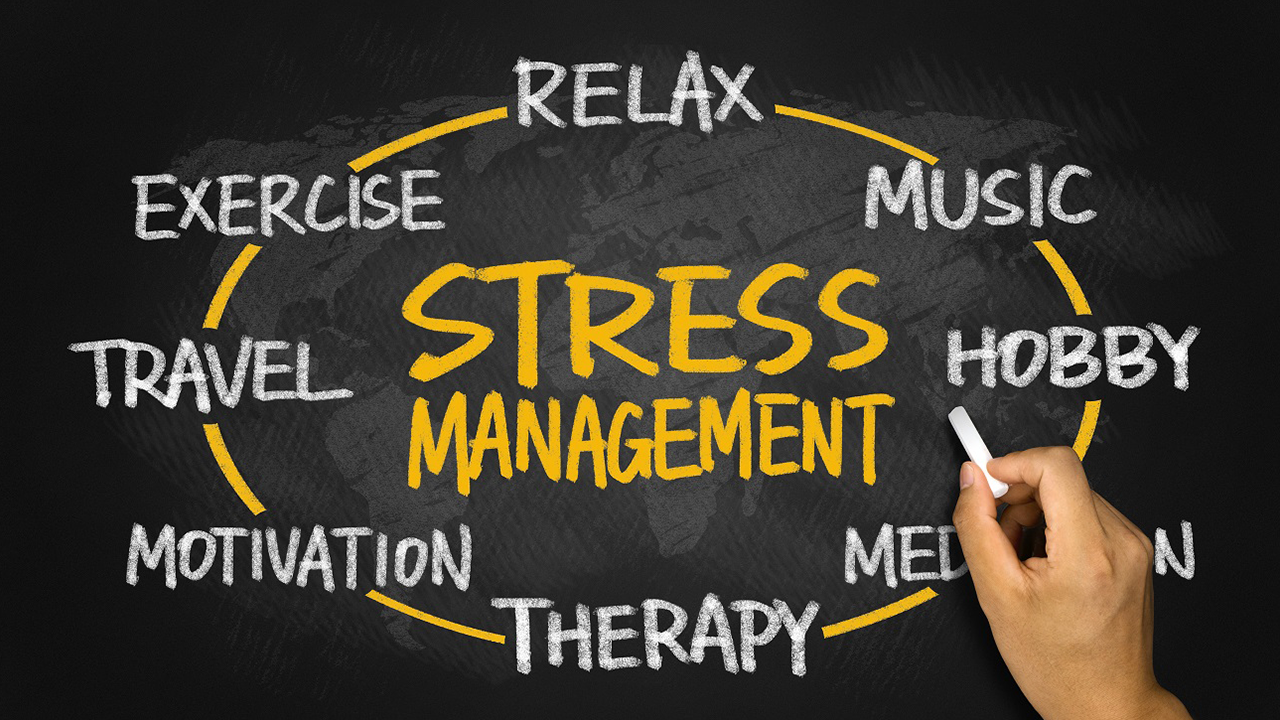Stress is a common and often unavoidable part of life. It can arise from work, relationships, financial concerns, or even the daily challenges we face. While some stress can be motivating and productive, chronic stress can negatively impact your physical and mental health. Managing stress effectively is essential to maintaining a balanced, healthy life. In this article, we'll explore various strategies for stress management that can help you reduce its effects and improve your overall well-being.
Understanding Stress
Stress is your body’s natural response to challenges or demands. When you perceive a threat or pressure, your body releases stress hormones like cortisol and adrenaline. This triggers the "fight-or-flight" response, preparing you to confront the situation. While this response is helpful in dangerous situations, it can become harmful when activated too frequently or for extended periods.
Chronic stress can lead to a variety of health problems, including:
Physical symptoms: Headaches, high blood pressure, fatigue, muscle tension, and digestive issues.
Emotional symptoms: Anxiety, irritability, depression, and feeling overwhelmed.
Behavioral changes: Difficulty concentrating, changes in eating habits, sleeping problems, and social withdrawal.
Stress Management Techniques
Here are some effective techniques for managing stress and improving your resilience:

1. Exercise Regularly
Physical activity is one of the most effective ways to reduce stress. Exercise helps release endorphins, the body’s natural mood elevators, which help counterbalance stress hormones. Whether it's a brisk walk, a yoga session, or a workout at the gym, regular exercise can significantly improve your ability to manage stress.
Cardiovascular exercise: Activities like running, swimming, and cycling are great for reducing stress.
Mind-body exercises: Practices like yoga, tai chi, and Pilates combine physical movement with mindfulness, promoting relaxation.
2. Practice Mindfulness and Meditation
Mindfulness and meditation practices can help you stay grounded and focused on the present moment. These techniques teach you to observe your thoughts and feelings without judgment, which can prevent stress from spiraling out of control.
Deep Breathing: Simple deep-breathing exercises can help calm your nervous system and reduce stress. Try inhaling deeply for a count of four, holding your breath for four counts, and exhaling slowly for four counts.
Guided Meditation: There are many apps and online resources that offer guided meditation, which can help you relax and clear your mind.
3. Prioritize Sleep
Lack of sleep can exacerbate stress and make it harder to cope with daily challenges. Aim for 7-9 hours of quality sleep each night to restore your body and mind. Good sleep hygiene practices, such as maintaining a regular sleep schedule, creating a relaxing bedtime routine, and limiting screen time before bed, can improve your sleep quality and reduce stress.
4. Time Management
Feeling overwhelmed by a long to-do list can be a significant source of stress. Learning to manage your time effectively can reduce pressure and increase your sense of control over your life.
Set Priorities: Identify the most important tasks and focus on them first. Break larger tasks into smaller, manageable steps.
Avoid Multitasking: Concentrate on one task at a time to reduce mistakes and improve efficiency.
Delegate: Don't be afraid to ask for help or delegate tasks when necessary.
5. Build a Support System
Having a strong social support system can help you manage stress more effectively. Friends, family, and colleagues can provide emotional support, encouragement, and practical assistance when you need it.
Talk About Your Stress: Sharing your feelings with someone you trust can help you process your emotions and gain perspective.
Seek Professional Help: If stress becomes overwhelming, consider speaking with a counselor, therapist, or coach who can help you develop coping strategies.
6. Adopt Healthy Habits
Your daily habits can influence your stress levels. Making small changes to your lifestyle can help you build resilience and reduce stress.
Eat a Balanced Diet: Proper nutrition can help your body cope with stress. Focus on whole grains, fruits, vegetables, lean proteins, and healthy fats to keep your energy levels stable.
Limit Stimulants: Excessive caffeine and sugar can increase anxiety and make it harder to manage stress. Try to reduce your intake and replace them with healthier options.
Avoid Substance Abuse: Using alcohol, drugs, or smoking to cope with stress can have harmful long-term effects. Instead, focus on healthier ways to manage stress, such as relaxation techniques or hobbies.
7. Practice Relaxation Techniques
Relaxation techniques help activate the body's relaxation response, which is the opposite of the stress response. These techniques can help reduce tension, lower blood pressure, and promote a sense of calm.
Progressive Muscle Relaxation: This technique involves tensing and then relaxing each muscle group in your body, starting from your toes and moving up to your head.
Visualization: Imagine yourself in a peaceful, relaxing place, such as a beach or a forest. Engage your senses to create a vivid mental picture.
Aromatherapy: Essential oils like lavender, chamomile, and eucalyptus can promote relaxation when used in diffusers, baths, or massages.
8. Set Realistic Goals and Expectations
Setting unrealistic expectations for yourself can lead to unnecessary stress. Be kind to yourself and set achievable goals. Recognize that it's okay to make mistakes and that no one is perfect. Learning to accept imperfection can help reduce the pressure you put on yourself.
9. Engage in Hobbies and Activities You Enjoy
Spending time doing activities you enjoy can be a great way to unwind and reduce stress. Whether it's reading, gardening, painting, or playing a sport, engaging in a hobby can help you shift your focus away from stress and recharge your energy.















